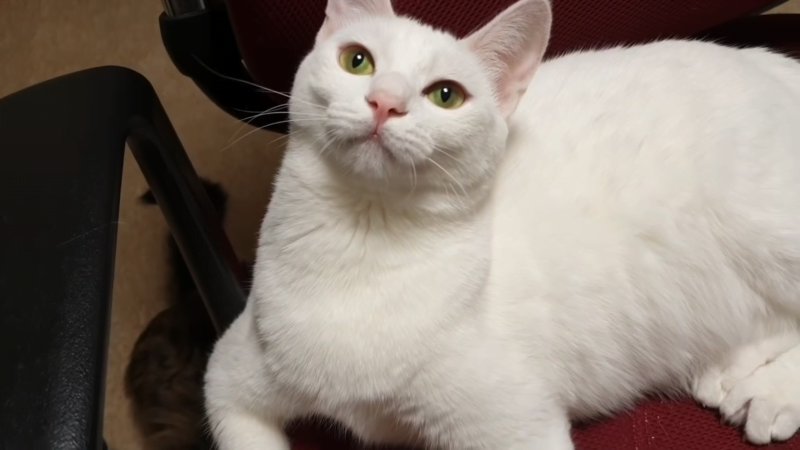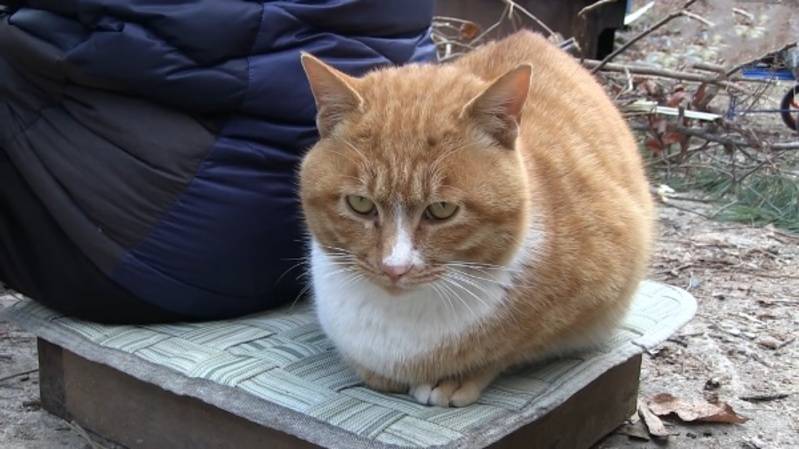No products in the cart.
Signaling potential underlying health issues or environmental stressors, lethargy in cats can significantly impact their vitality and overall quality of life. To make sure your feline companion remains happy, healthy, and energetic, identifying and addressing these factors is so important.
Common things relating to lethargy in cats will be explored in this blog and we will find out the helpful tips to support and enhance the health of beloved furry friends.
What is Lethargy in Cats?
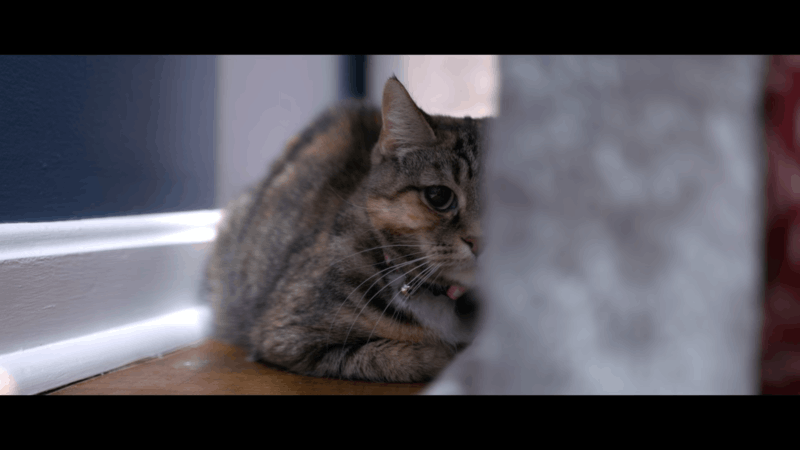
Lethargy in cats refers to a state of decreased energy and activity levels that are noticeably lower than usual. It can manifest as prolonged periods of sleep, reduced interest in activities such as playing or exploring, and overall sluggishness. It is usually indicated by persistent changes in their behavior and energy levels over time, which can range from mild illnesses to more serious medical disorders.
What Does Lethargy Look Like in Cats?
Lethargy in cats presents with several observable signs:
- Increased sleeping: Cats may sleep more than usual and be harder to awaken.
- Reduced activity: They show little interest in playing, grooming, or interacting with their environment.
- Weakness and fatigue: Cats may move slowly, appear unsteady on their feet, or demonstrate reluctance to engage in physical activities.
- Decreased appetite: Lethargic cats often exhibit a loss of appetite or decreased interest in food, leading to potential weight loss.
To protect your cat’s health, a deviation from usual behavior and require immediate treatment are suggested by these indicators.
How to Tell if a Cat is Lethargic?
Identifying lethargy in cats involves monitoring their behavior for specific signs:
- Changes in routine: Noticeable shifts from their usual activity levels and routines.
- Physical indicators: Cats may appear listless, with reduced responsiveness to stimuli like toys or treats.
- Sleep patterns: Increased time spent sleeping or resting during periods when they are typically active.
- General demeanor: They may seem withdrawn, less alert, or uninterested in interactions with humans or other pets.
To address any underlying health issues affecting your cat’s energy levels and overall health, recognizing these signs early is so important, which allows for timely intervention by a veterinarian.
Common Causes of Lethargy in Cats
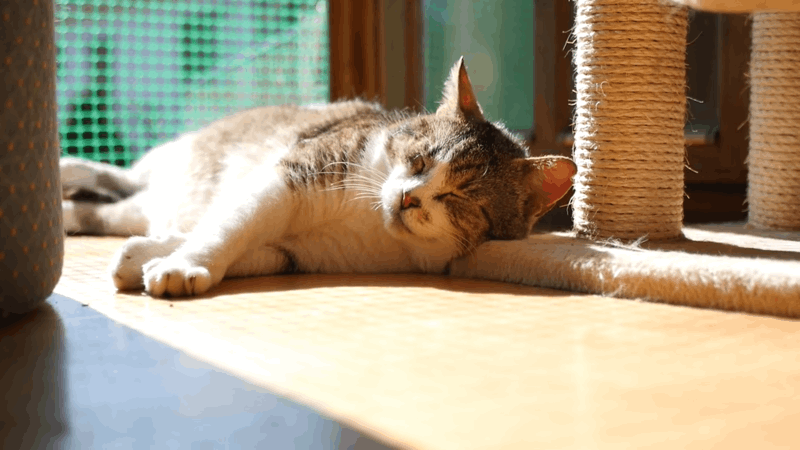
Cats’ lethargy might be a worrying sign of underlying medical conditions. Understanding the specific circumstances can provide insights into potential causes:
Sudden Lethargy in Cats:
Sudden onset lethargy in cats can be alarming and may signal acute illnesses such as infections (like feline leukemia or feline immunodeficiency virus), injuries (such as fractures or trauma), poisoning (from toxic substances like antifreeze or plants), or systemic diseases (such as kidney disease, diabetes, or pancreatitis). Immediate veterinary attention is crucial to identify and treat the underlying cause promptly.
Cat Lethargic but Eating and Drinking:
A cat exhibiting lethargy while maintaining normal eating and drinking habits could indicate chronic conditions like arthritis or other sources of pain that affect mobility and energy levels. It may also be a sign of stress, dental problems (like gum disease or tooth abscesses), or metabolic issues such as hyperthyroidism. The causes and appropriate treatment can be determined by a thorough veterinary examination.
Cat Lethargic Not Eating but Drinking Water:
When a cat shows lethargy alongside reduced appetite but maintains normal water intake, potential causes include gastrointestinal issues (such as inflammatory bowel disease or intestinal blockages), dental problems (like oral tumors or severe dental disease), liver or kidney disease, or infections affecting the digestive system. A veterinary examination is required to diagnose and address these conditions effectively.
Old Cat Not Eating or Drinking Lethargic:
Lethargy in older cats who refuse food and water can stem from age-related conditions such as osteoarthritis, which causes joint pain and stiffness, or organ dysfunction (such as chronic kidney disease or liver failure). Cognitive decline or systemic illnesses may also contribute to reduced activity and appetite in senior cats. For these illnesses to be managed and detected early enough to preserve quality of life, routine veterinary examinations are essential.
To guarantee that beloved furry friends can receive the proper diagnosis, treatment, and supportive care, pet owners can identify any health issues early on and seek prompt veterinarian care by being aware of these complex scenarios.
Specific Scenarios and Symptoms of Lethargic Cats
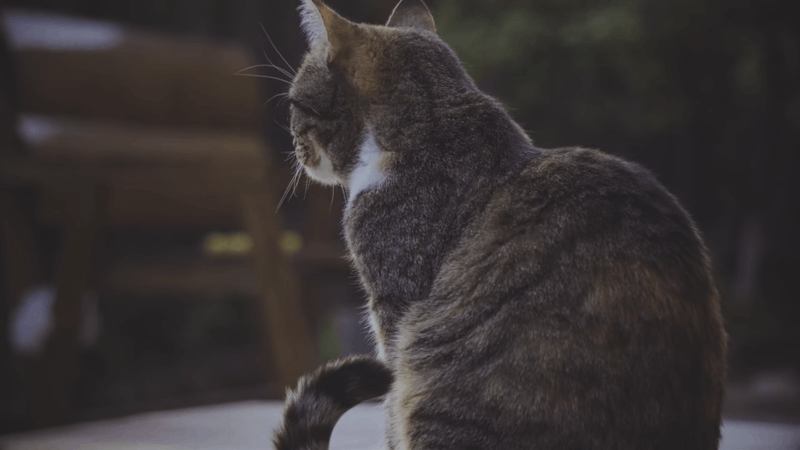
Lethargy in cats is recognized by reduced activity levels, increased sleepiness, decreased interest in play or grooming, and a general lack of responsiveness to stimuli. Monitoring closely and seeking veterinary advice if symptoms persist or worsen is important because it can indicate various health issues.
Cat Lethargic After Antibiotic Shot
If a cat becomes lethargic after receiving an antibiotic shot, it could suggest a reaction to the medication, discomfort at the injection site, or a temporary side effect. Swelling, difficulty breathing, or vomiting are signs of allergic reactions that pet owners should be aware of.
Contact your vet immediately if the lethargy continues or if there are other concerning symptoms.
Cat Limps and Lethargic
A cat limping and appearing lethargic may indicate pain or injury, such as a sprain, fracture, or abscess. Check for any visible wounds or swelling, and handle the cat gently to avoid aggravating any potential injuries. To alleviate discomfort and aid in recovery, seeking veterinary care promptly to diagnose the underlying cause and provide appropriate treatment is so important.
Cat Acting Sluggish but Eating
If a cat is acting sluggish but continues to eat, it could indicate mild illness, stress, or discomfort. Monitor for changes in litter box habits, hydration, or any other concerning symptoms. Ensure the cat has a quiet, comfortable environment and encourage rest. If the sluggish behavior persists or if there are other worrying signs such as diarrhea or vomiting, consult with a veterinarian to rule out any underlying health issues and provide necessary care.
How to Address and Treat Lethargy in Cats?
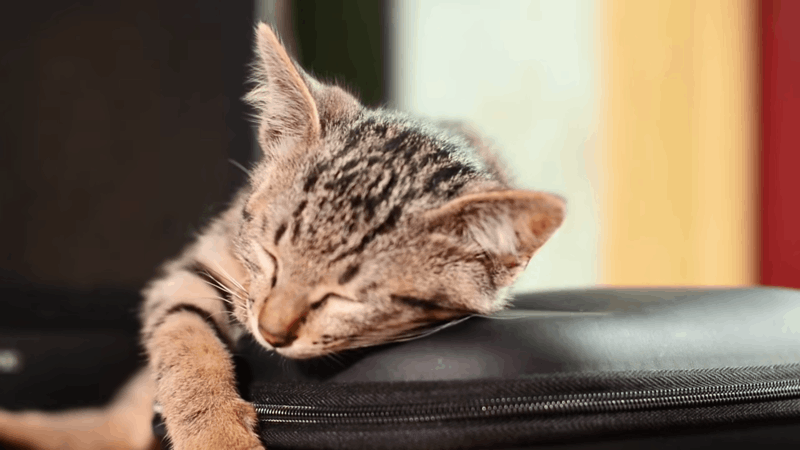
To address and treat lethargy in cats, start by observing changes in behavior and consulting a veterinarian to rule out medical issues. Pet owners should consider medication, dietary changes, and creating a stress-free environment as the treatments for supporting healing and well-being. And to raise the cat’s energy levels, veterinary care and routine observation are essential.
How to Cure Lethargy in Cats?
To effectively address and cure lethargy in cats, it’s crucial to first pinpoint the underlying cause through thorough veterinary assessment.
- Treat any identified medical conditions promptly, such as infections or chronic illnesses, with prescribed medications and therapies.
- Ensure the cat’s environment is enriched with engaging toys, scratching posts, and comfortable resting areas to stimulate activity.
- Implement a consistent daily routine that includes regular playtime and exercise to boost the cat’s energy levels.
- Monitor the cat’s response to treatment closely and make adjustments as needed in consultation with your veterinarian.
When medical treatment, environmental enrichment, and a structured routine are combined, lethargy in cats can be cured effectively and their overall well-being will be promoted.
The Best Diet for Preventing Lethargy
To prevent lethargy in cats, ensure they receive the right balance of nutrients to support their energy and vitality, optimal nutrition is so necessary.
- Choose high-protein cat food with meat as the main ingredient to meet their natural dietary needs.
- Consider supplements like CBD oil, known for its potential to alleviate stress and promote relaxation in cats, which can contribute to overall vitality.
- To enhance general health and immunological function, including necessary vitamins and omega-3 fatty acids in their diet.
- To maintain hydration levels, which are crucial for energy metabolism, always have fresh water available.
- Consider feeding multiple small meals throughout the day to regulate blood sugar levels and prevent energy crashes.
Lethargy can be avoided and your cats’ long-term health and vitality can be supported by feeding them a balanced, nutrient-rich diet that is specific to their age, health, and activity level and supplemented with suitable additives like CBD oil.
Conclusion
Addressing lethargy in cats involves identifying underlying causes with your veterinarian, creating a stimulating environment at home, and ensuring a balanced diet. By focusing on these aspects, you can help rejuvenate your cat’s energy levels and promote their overall health, ensuring they remain happy and active companions.
Hello, I am Hazel Bennett, an experienced copywriter specializing in the fascinating topic of CBD for dogs. With a passion for pet wellness and extensive knowledge of CBD’s potential benefits, I am here to provide you with informative and engaging content.


